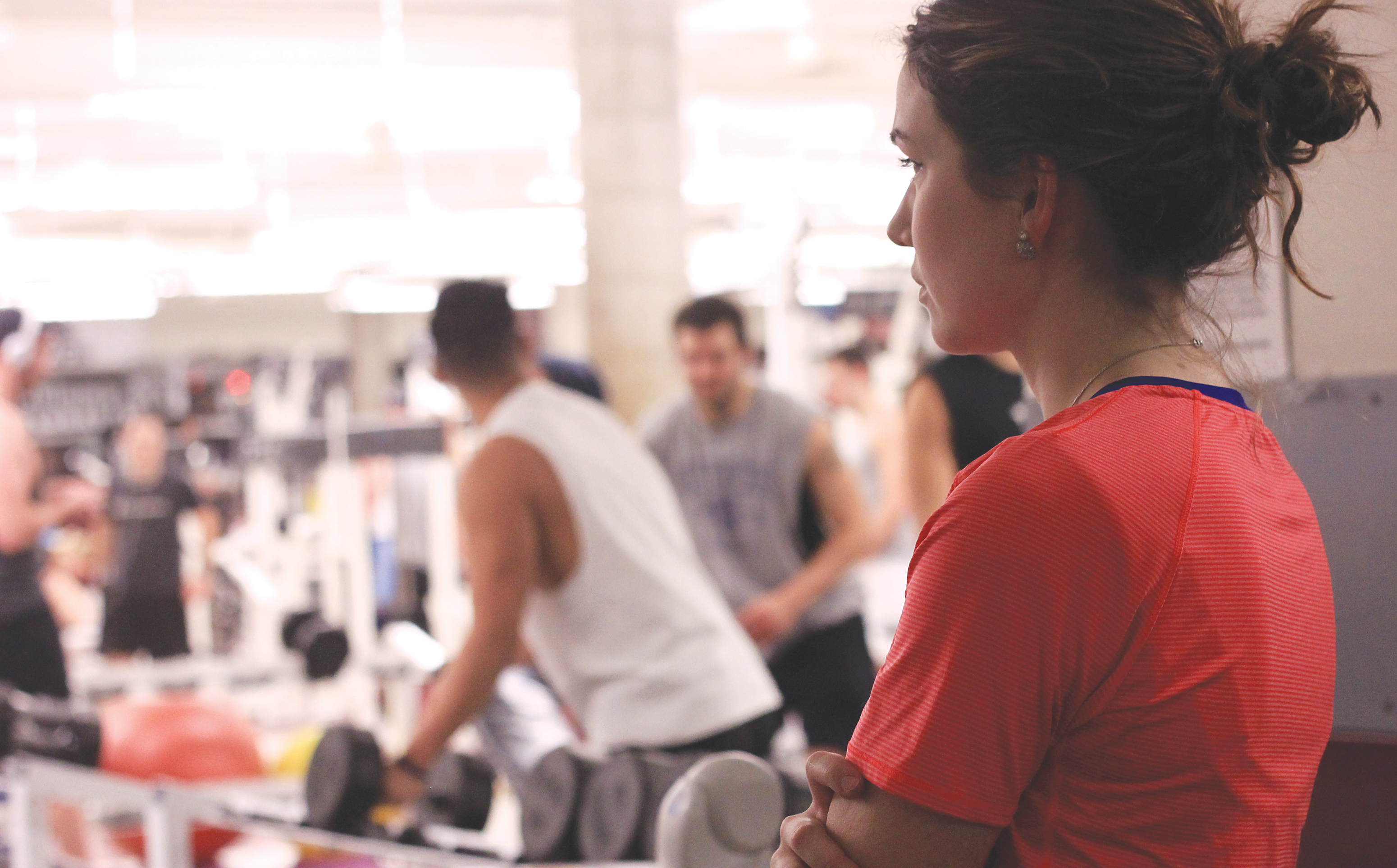PhD candidate’s research shows the significance of sweating
If you’ve ever been to the gym or partaken in any kind of physical activity, you’ll know that sweat is normally a good sign that your body is doing some serious work.
Often people believe that the harder your body works, the more you sweat, but University of Ottawa PhD candidate Nicholas Ravanelli is trying to prove with his research if it’s possible to sweat better.
“I wanted to see where the influence of training resides when it comes to thermoregulation,” he said in an interview with the Fulcrum. “Research currently states that training induces partial heat acclimation, but I believe that to be overly simplistic, especially with the research that has been done here at the Thermal Ergonomics Laboratory over the past few years”.
Thermoregulation during heat stress, simply known as sweat, is an essential process in which the sweat glands are activated and help regulate body heat during physical activity.
It’s important for our internal core temperature to remain at a stable level in order for internal organs to function effectively. This state of optimal functionality is called homeostasis, and when the body is below this state, serious health troubles can happen.
For example, think of athletes who cramp and faint on the field or court tell us how important sweat can be. In the 2014 NBA Finals, LeBron James suffered debilitating cramps, potentially costing his team the game and ultimately the championship. All of which was due to a broken air conditioning system leading to dehydration induced cramping from extreme sodium loss through sweat.
https://www.youtube.com/watch?v=5HHxkTHjBZo
As a self-described “avid endurance athlete”, the topic came naturally to Ravanelli.
Ravanelli is focused on finding out if fitter people sweat more efficiently, as he believes that increased physical fitness improves our ability to regulate our body heat.
To achieve this he operates a special on-campus laboratory which can control the room temperature, humidity, and even oxygen levels. This helps to monitor subjects’ core temperature, metabolic rate and sweat, as they bike or run on a treadmill.
For Ravanelli, the potential implications of his research are vast and far-reaching. He says that “with increasing global temperatures worldwide, it is imperative that we understand where the physical limits to heat loss reside.”
The U of O student and his co-authors from Loughborough University in Leics, UK and the University of Sydney, Australia had their work published in The Journal of the American Medical Association, also known as JAMA, which is one of the most widely respected journals of medical research.
Ravanelli clearly has a bright future ahead of him, as he hopes to better the world of athletics with the work he’s doing.
“With this information, we can create safe guidelines for occupational or sports competitions which may occur during periods of extreme heat. If simply training can increase your heat loss potential, this can then be added to the list of benefits of engaging in regular exercise!”





